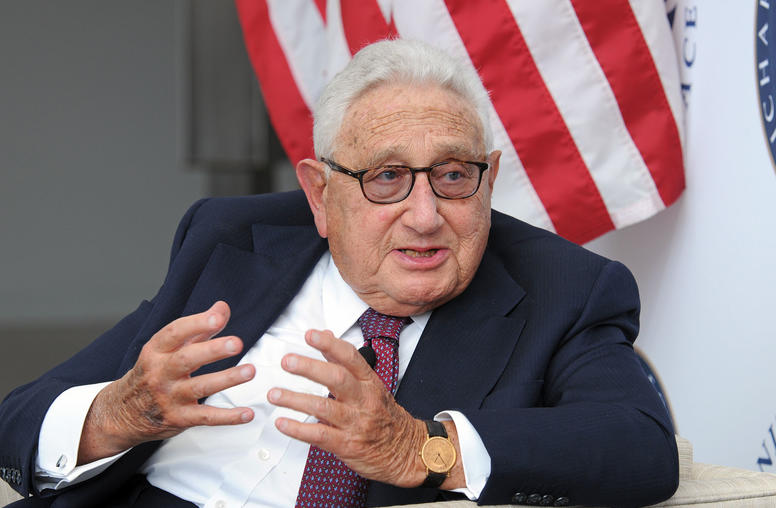Powering Up for Peace: Technology Startup Wins USIP Award
A small technology startup that aims big – aiding hundreds of millions of Africans who don’t have access to electricity -- won a USIP prize as a tool that also has the potential to build peace.

USIP’s PeaceTech Initiative on May 17 co-hosted the Global Finals of the Challenge Cup, the brainchild of DC-area startup incubator 1776. The culmination of a week-long festival of events, the Challenge Cup showcased 64 of the best startups from around the world that are focused on using technology for social good. 1776 provides startups with business advice and corporate connections, as well as access to capital and talent and work space in downtown Washington D.C.
As part of the competition’s grand finale, USIP awarded the Challenge Cup PeaceTech Prize to the startup whose technology tool we felt had the greatest peacebuilding potential – a small South African startup named Khaya Power. Brian Hadlow, the founder, pointed out in a recent interview that, in Africa, “there are about a billion people—and just as many cell phones—but there’s fewer than 400,000 people who have access to a regular power source.”
The lack of access to basic power generation is a problem that USIP has observed across various conflict zones. The Obama administration has also taken on the issue, establishing a program in 2013 to double the number of people with access to power in sub-Saharan Africa. The U.S. government estimates that 600 million people, or 70 percent of the population of sub-Saharan Africa, lack power, leaving them reliant on expensive and unhealthy forms of power such as burning wood. The shortage of reliable power also hinders poverty reduction and economic growth.
Said Sheldon Himelfarb, the director of USIP’s PeaceTech Initiative as he presented the prize: “We decided to give this first Challenge Cup PeaceTech prize to a small organization with a big solution for a problem we see every day in conflict zones [and] in refugee and IDP [internally displaced persons] camps -- where charging cell phones is vital to everything from documenting human rights violations to mobile money transfer to connecting with loved ones. And where light in dark places can help to prevent violence.”
“Khaya is a word that is used quite often in South Africa,” Hadlow said. “It’s a Zulu word meaning ‘home,’ so quite literally, Khaya Power means ‘home power.’ We’re focusing on the people who have small homes … and actually don’t have any access to a power grid.”
To address this need for access to electricity, Khaya Power created the ‘Juz Box,’ a portable battery combined with a charging station that makes use of either solar power or, when accessible, the grid. The batteries are contained in a small, secure, recycled 5-liter plastic container, which makes them easy to transport. The batteries can be used to charge a number of household items: cell phone chargers, LED lights, TVs, DVD players and radios. They also diminish the risk of electrical fires in rural homes.
In addition to building the power units, Khaya Power is helping create a sustainable business model around its products – as people deplete their batteries, they swap them out with charged sets for a small fee. The company also is working with various community-level service providers – mobile Wi-Fi providers, taxi drivers and mobile barber shops – to help them incorporate these batteries into their businesses through a revenue-sharing arrangement.
Startups like Khaya Power, as well as the other 64 contestants at the Challenge Cup, are showing how technology innovations can be used to solve large-scale social problems in health, education, energy and urban planning, while simultaneously creating viable businesses for technology entrepreneurs.
Anand Varghese is a program officer in USIP’s PeaceTech Initiative.
